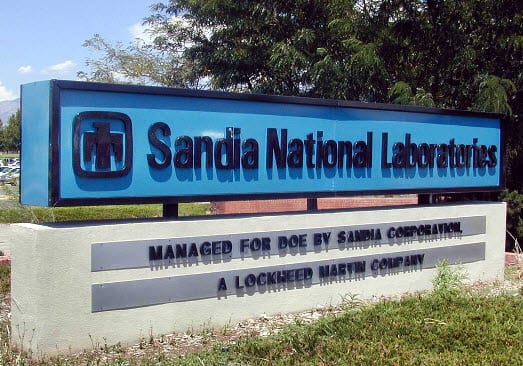New project aims to build a working hydrogen fuel infrastructure in the US
May 19, 2014Fuel infrastructure project launched by national laboratories
The National Renewable Energy Laboratory and Sandia National Laboratories have come together to launch a new project that will support the H2USA initiative. H2USA is a public-private partnership that is managed by the U.S. Department of Energy. The initiative aims to ensure that fuel cell vehicles find success in the U.S. by helping establish a working hydrogen fuel infrastructure and promoting clean transportation. The new project coming from the national laboratories will focus more on infrastructure development than any of the other issues that are facing fuel cell vehicles.
Success of fuel cell vehicles hinges on fuel infrastructure
The success of fuel cell vehicles will be heavily dependent on whether or not a working fuel infrastructure is in place to support them. Without an infrastructure, fuel cell vehicles will fail to find support among consumers. Currently, fuel cell vehicles are in a similar position to what gasoline vehicles had been in years ago. When conventional vehicles were first introduced, there was no fuel infrastructure to support them. In a matter of a few short years, this infrastructure took form, making the auto industry one of the largest and most vital industries to modern society.
Project aims to address infrastructure issues effectively
The primary goals of the new project is to establish a comprehensive hydrogen fuel infrastructure and help reduce the cost of and time required to build new fueling stations. The project will also aim to create opportunities where its industry partners can work together in order to overcome the challenges facing infrastructure projects. Much of the auto industry has invested quite heavily in clean transportation in general, and fuel cell vehicles specifically. Working together may be in the best interest of automakers that have plans to release fuel cell vehicles in the coming years.
Fuel cell vehicles have trouble finding support among consumers
The concept of clean transportation has attracted a great deal of support, but fuel cell vehicles have not. Hydrogen fuel cells are notoriously expensive and, in some cases, somewhat inefficient. Along with the lack of a viable fuel infrastructure, fuel cells have struggled to find the acceptance they need among consumers.


 With over 15 years of reporting hydrogen news, we are your premier source for the latest updates and insights in hydrogen and renewable energy.
With over 15 years of reporting hydrogen news, we are your premier source for the latest updates and insights in hydrogen and renewable energy.